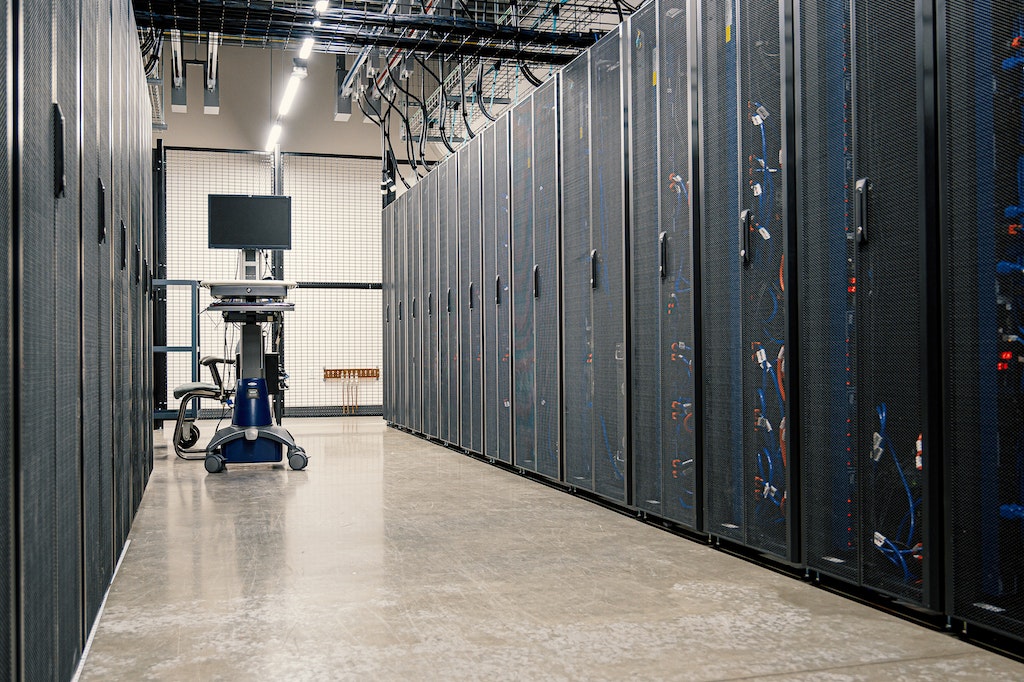
What is a server farm? It’s a common question in the technology world. In this article, we will provide you with five essential insights into the world of server farms.
Whether hosting websites, managing cloud storage, or running complex applications, server farms are crucial in powering the digital infrastructure that keeps our modern world connected.
So, let’s dive in and explore these powerful data centre operations.
The Components of a Server Farm
In a server farm, multiple servers store and manage large amounts of data. Servers like Supermicro Twin Servers are typically connected in a network, allowing them to work together to handle data requests and ensure redundancy in case of hardware failures.
Network infrastructure is also an important part. This includes routers, switches, and other networking equipment, allowing the servers to communicate with each other and external networks and are typically picked up at tech retailers like ETB Technologies. The network infrastructure plays a vital role in ensuring smooth data flow within the server farm and enables users outside the farm to access the stored data efficiently.
By understanding these components, you can see how they work together to create an efficient system for storing and managing large amounts of data.
Understanding the Function of a Data Center Operation
Data centre infrastructure refers to the physical components and resources required for running a server farm efficiently. It includes servers, storage devices, networking equipment, power and cooling systems, and security measures.
The function of a data centre operation is to ensure smooth server farm management. It involves provisioning and maintaining servers, optimising performance, monitoring network traffic, troubleshooting issues, and implementing security protocols.
Server farm management within a data centre operation requires skilled professionals responsible for ensuring the availability and reliability of services hosted on the servers. They need to regularly update software, apply patches, monitor resource usage, and perform backups to prevent any potential downtime or loss of data. They must also manage capacity planning to accommodate increasing storage and computing power demands. This involves scaling up or down the infrastructure as needed while considering factors like energy efficiency and cost optimisation.
Optimising Server Performance
Inside a data centre operation, professionals tirelessly work to enhance server performance. They ensure the smooth and efficient processing of vast amounts of crucial data. One way they achieve this is by improving scalability. Scalability refers to the ability of a server or system to handle an increasing workload as demands grow.
Data centre professionals constantly assess and upgrade their servers to ensure they can accommodate higher traffic and larger datasets without compromising performance. This involves adding more servers or upgrading existing ones with faster processors and larger storage capacities. By improving scalability, data centres can effectively meet the demands of their users and prevent any slowdowns or system crashes.
Another key aspect of optimising server performance in a data centre operation is reducing latency. Latency is the delay between when a request is made and when it receives a response from the server. To minimise latency, data centre professionals employ techniques such as using high-speed connections, optimising network configurations and utilising caching systems. These measures help reduce the time it takes for data to travel between servers and clients, resulting in faster response times.
By continuously monitoring and fine-tuning these factors, data centres can ensure that their servers perform at their best, delivering quick and reliable access to critical information for users worldwide.
Ensuring Data Security in a Server Farm
Data security is crucial in a server farm, protecting sensitive information from potential breaches and safeguarding the entire system’s integrity. To achieve this, data encryption plays a vital role. By encrypting the data stored on servers, even if unauthorised individuals gain access, they won’t be able to read or use the encrypted information. This adds an extra layer of protection and ensures that valuable data remains secure and inaccessible to those without proper authorisation.
Physical access control is another important aspect of ensuring data security in a server farm. Implementing strict measures such as secure entry points and surveillance systems helps prevent unauthorised individuals from physically accessing the servers. Restricted access areas can further enhance security by limiting entry only to authorised personnel with proper clearance levels.
The Importance of Server Farms in the Digital Age
In today’s fast-paced digital world, server farms protect our valuable information and ensure a seamless online experience. They allow businesses and organisations to expand their operations without worrying about running out of storage or processing power. The scalability of server farms ensures that we can continue to store and access vast amounts of data securely and efficiently.
Server farms are designed with energy-efficient infrastructure and cooling systems that minimise power usage while maximising performance. Using advanced technologies such as virtualisation and efficient hardware designs, server farms optimise resource utilisation, reducing operational costs and carbon footprints.
The importance of server farms in the digital age cannot be overstated. They safeguard our valuable information and offer the scalability to accommodate our growing data needs. Their focus on energy efficiency also helps us minimise environmental impact while still delivering high-performance computing solutions.
So, What is a Server Farm? To Summarise
You should now have a good understanding of what a server farm is and its essential insights.
A server farm, also known as a data centre or server cluster, is a centralised facility of multiple interconnected servers working collectively to provide computing power and services to a wide range of clients and applications.
By understanding the components of a server farm, its function in data centre operations, optimising performance, and ensuring data security measures are in place, organisations can harness the full potential of these powerful systems to drive innovation and success. So go ahead – embrace the power of server farms!